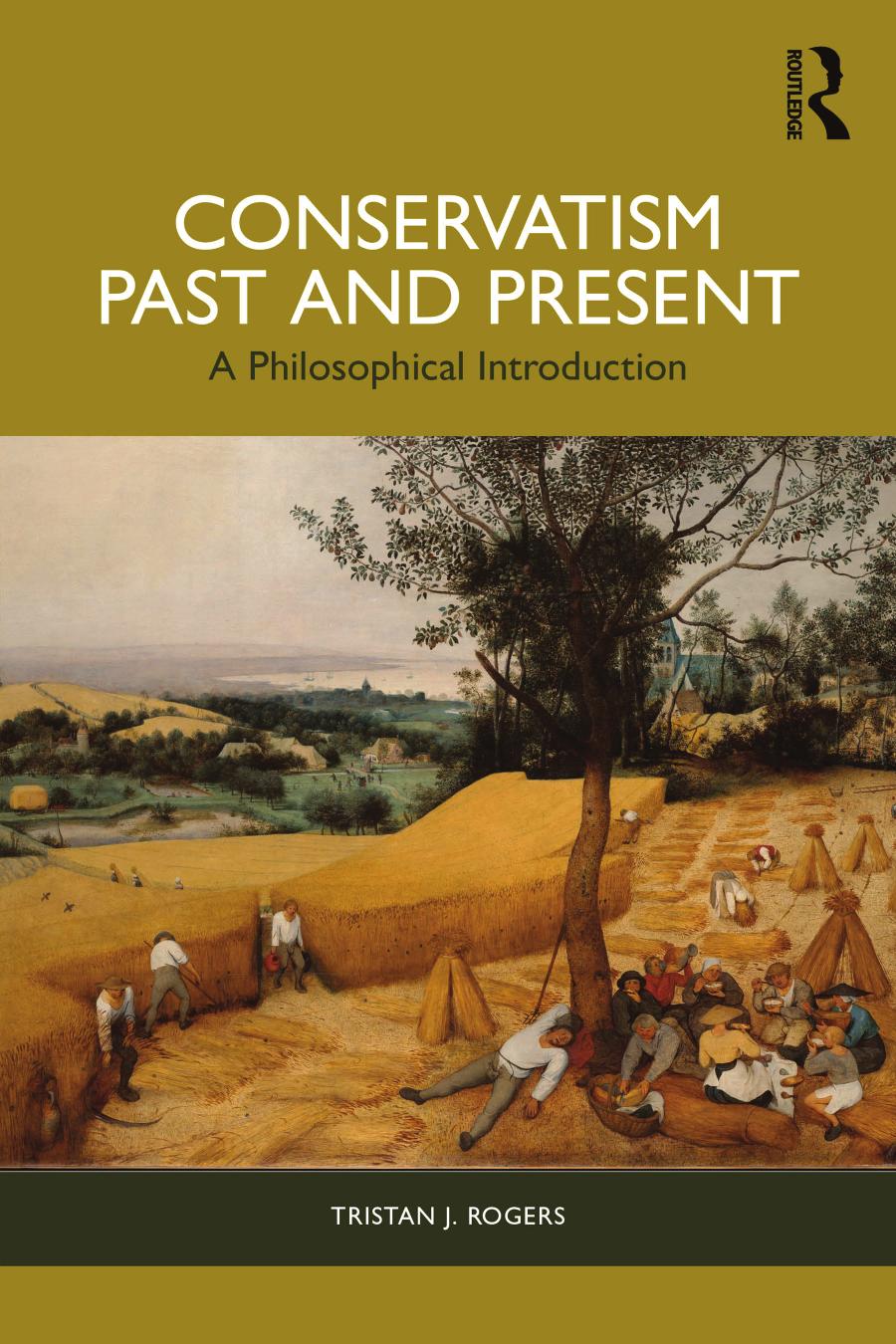

Most ebook files are in PDF format, so you can easily read them using various software such as Foxit Reader or directly on the Google Chrome browser.
Some ebook files are released by publishers in other formats such as .awz, .mobi, .epub, .fb2, etc. You may need to install specific software to read these formats on mobile/PC, such as Calibre.
Please read the tutorial at this link: https://ebookbell.com/faq
We offer FREE conversion to the popular formats you request; however, this may take some time. Therefore, right after payment, please email us, and we will try to provide the service as quickly as possible.
For some exceptional file formats or broken links (if any), please refrain from opening any disputes. Instead, email us first, and we will try to assist within a maximum of 6 hours.
EbookBell Team

4.4
62 reviewsIn Conservatism, Past and Present: A Philosophical Introduction, Tristan J. Rogers argues that philosophical conservatism is a coherent and compelling set of historically rooted ideas about conserving and promoting the human good. Part I, “Conservatism Past,” presents a history of conservative ideas, exploring themes, such as the search for wisdom, the limits of philosophy, reform in preference to revolution, the relationship between authority and freedom, and liberty as a living tradition. Major figures include Aristotle, Saint Thomas Aquinas, Edmund Burke, G.W.F. Hegel, and Roger Scruton. Part II, “Conservatism Present,” applies philosophical conservatism to contemporary conservative politics, focusing on issues such as nationalism, populism, the family, education, and responsibility.
Rogers shows that conservatism has been defined differently at different times: as a loose set of connected ideas reacting against the French Revolution; as a kind of disposition or instinct in favor of the status quo; and more recently as any ideas opposed to the political left. But he also allows a set of questions to guide his argument for conservatism’s merits: What is conservatism? Is it a coherent and attractive philosophy? What are conservatives for? And how is today’s conservatism related to its past? In his answers, Rogers paints a compelling and coherent picture of an aligned and attractive set of ideas.